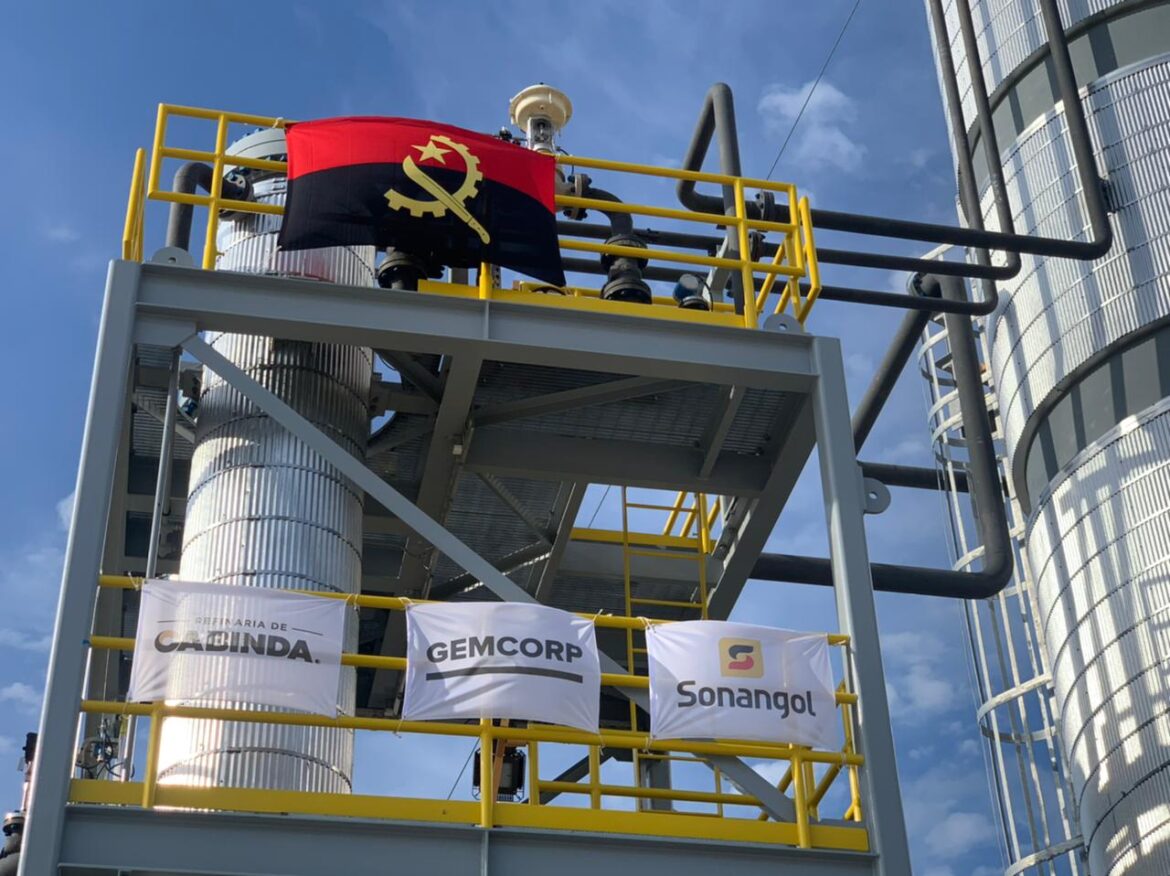On Tuesday, Sebastiao Gaspar Martins, President of Sonangol, confirmed that the Cabinda Refinery is set to begin operations in the second half of this year.
Meanwhile, the construction of the Lobito Refinery is advancing, with Sonangol financing the project while actively seeking investment partners.
Martins acknowledged that Angola has received multiple proposals for partnership but emphasized the need for more concrete offers. “We are certain that we don’t want to proceed alone.
We are open to other partners who can join in the share capital of the Lobito Refinery. Until this process is completed, we will continue with the project, just as we did with the Barra do Dande Ocean Terminal, using our own resources,” Martins stated during a press conference presenting the company’s 2024 results.
He assured that work on the Lobito Refinery project, located in the Benguela province, is ongoing, with approximately 2,000 workers involved.
Phase I of the refinery is being carried out by Sonangol, with a continued focus on executing the project despite financing difficulties. “We are open to partners, but we will not wait indefinitely for them to come forward before continuing the project,” he reiterated.
Martins noted that Sonangol is working to secure credible financing proposals that will complement the state-owned company’s efforts and ensure the necessary capital for the project’s completion.
The Cabinda Refinery, which will initially refine 30,000 barrels per day, is expected to start operations in the second half of 2025.
In discussions about the Soyo Refinery in the Zaire province, Martins revealed that Sonangol is in talks with the consortium led by American company Quanten, which is facing challenges in securing financing. “We are not certain if it will be possible, but we’ve set a deadline for the consortium to either confirm their capacity to proceed or propose a solution.
If they are unable to do so, we will move forward with the project, as it is a key part of our refining strategy,” Martins added.
Despite the looming deadline, Sonangol intends to handle the situation cautiously to avoid any legal complications, Martins emphasized.
In his remarks, Diamantino Azevedo, Angola’s Minister of Mineral Resources, Oil, and Gas, addressed the challenges facing the refining sector, stating that while there are critics of Angola’s investment in refining, the country is committed to developing these projects. “We are facing difficulties, but we are determined to continue.
Any potential partners must meet the conditions we set,” Azevedo said, adding that Angola will push ahead with its refining projects based on Sonangol’s financial capabilities until external partnerships materialize. “These are strategic and profitable projects for the country,” he concluded.
![]()



